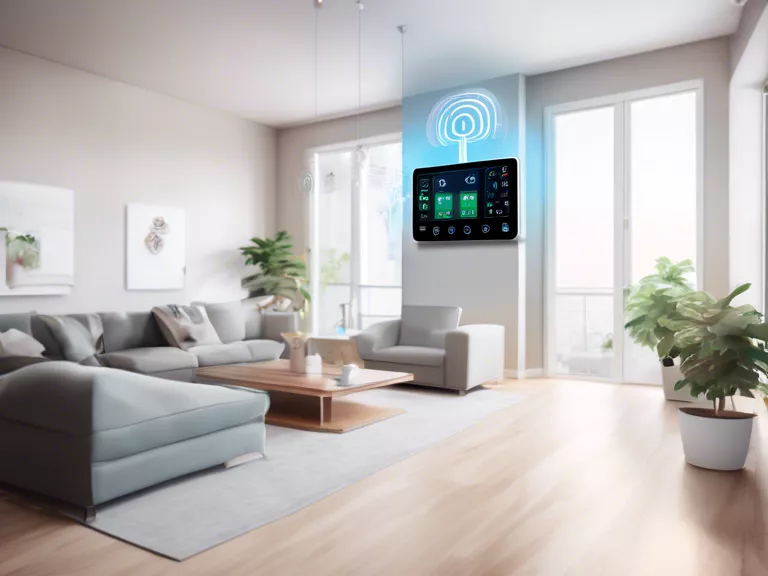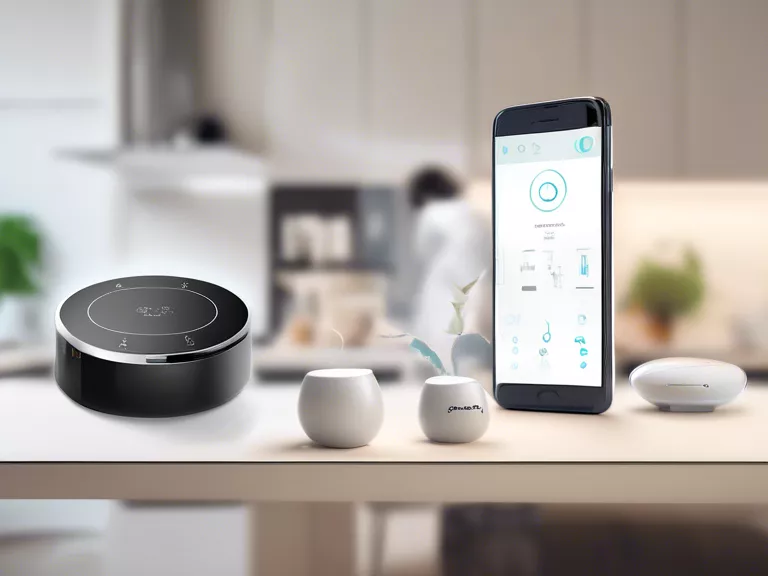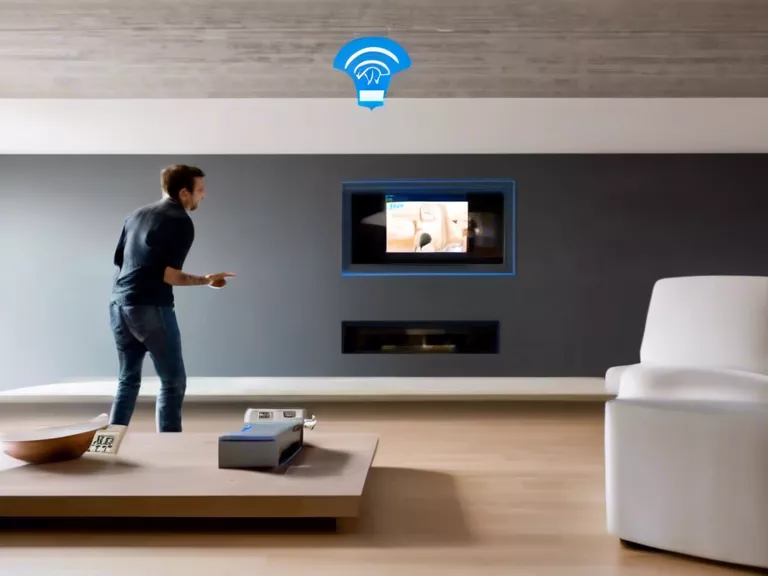
Artificial Intelligence (AI) is revolutionizing the way we interact with technology in our daily lives, including in our homes. One of the key areas where AI is making a significant impact is in personalized climate control in smart homes. By utilizing AI algorithms, smart home systems are able to learn about the habits and preferences of the occupants and automatically adjust the temperature, lighting, and other environmental settings to create a comfortable and energy-efficient living space.
One of the main benefits of AI-powered personalized climate control is energy savings. Traditional thermostats rely on manual input from users to set the temperature, which can often lead to unnecessary energy consumption. With AI, smart thermostats can analyze data such as occupancy patterns, weather forecasts, and even the occupants' individual comfort preferences to optimize energy usage. By making precise adjustments based on real-time data and user behavior, AI can help reduce energy waste and lower utility bills.
Another advantage of AI in personalized climate control is improved comfort and convenience. By learning from the occupants' habits, preferences, and schedules, smart home systems can automatically adjust the climate settings to ensure a comfortable environment at all times. For example, the system can pre-cool or pre-heat the home based on when the occupants typically return from work, ensuring that they arrive to a cozy home without having to manually adjust the thermostat.
Furthermore, AI can also enhance air quality monitoring and control in smart homes. By integrating sensors and AI algorithms, smart home systems can detect changes in air quality and adjust ventilation systems accordingly. This can help improve indoor air quality and create a healthier living environment for the occupants, especially for those with respiratory issues or allergies.
In conclusion, AI is transforming personalized climate control in smart homes by providing energy savings, improved comfort, and enhanced air quality. As AI technology continues to advance, we can expect even more sophisticated and efficient climate control systems that cater to the specific needs and preferences of each individual household.



